Tasman RU favours salmon plan
Most Oppose Salmon Plan [Marlborough Express]
Roughly two-thirds of submissions on New Zealand King Salmon's plan to develop nine new salmon farms in the Marlborough Sounds are opposed to the proposal.
A rough count of the 1266 submissions posted on the Environmental Protection Authority website this week found about 65 per cent opposed and 35 per cent supported the application. The figure is approximate as it excludes neutral submissions, those offering partial support or opposition and others where a stance is not stated.
The authority is overseeing the application and has appointed a board of inquiry, expected to hear the application in Marlborough from August 13 until September 14.
The summary separates out submittors' opinion on two changes to the Marlborough Sounds Resource Management Plan that would allow eight farms to be developed in an area where aquaculture is prohibited and nine applications for resource consent.
The authority is considering an application from King Salmon for two changes to the Marlborough Resource Management Plan and nine resource consents needed to establish the farms.
Forty-three per cent of submittors said they wanted to be heard by the board of inquiry.
Eight submittors indicated they were trade competitors.
A breakdown of main issues raised in submissions was:
National and local economic benefits including job creation
Sustainable farming of fish being preferable to catching wild supplies.
Farms create noise, smell, traffic, are lit at night
Natural and open space landscapes become industrial
Water is contaminated with fish food and faeces
The environment reaches a tipping point
High levels of nitrogen and phosphates in the water
Maori interaction with the sea and traditional interests is disrupted
Damage to habitats of king shags, Hector's dolphins and other species
No monitoring of water quality between farms
Navigational safety risks
Farms limit public access for fishing and boating
Farms are not sustainable
Negative effects on tourism
Integrity of Marlborough Sounds Resource Management Plan is challenged
Application process rushed and information hard to access
Unequal resources for applicant and public
Information misleading or incorrect
A precedent could be set for more aquaculture
Overseas-owned company takes gains and New Zealand carries risks
35 years is too long for a consent.
WHO WANTS A SAY ON KING SALMON'S PLAN?
Penny Wardle dips into the submissions:
Conservation Minister Kate Wilkinson opposes New Zealand King Salmon gaining resource consent to develop two new salmon farms at the Queen Charlotte end of Tory Channel.
In a submission to the Environmental Protection Authority, which is overseeing the company's application to develop nine salmon farms, the minister says siting these farms alongside scenic reserves would set a precedent.
More information was needed, especially on what models King Salmon used to measure the ecological effects of farm waste. The submission also recommends fish feed limits be lower than proposed.
The minister opposed two farms, partially opposed two and was neutral on five.
The Ministry for Primary Industries supports King Salmon's right to seek plan changes that would enable company growth. It agrees a board of inquiry is the best way to evaluate the application.
The Kenepuru and Central Sounds Residents' Association said the five farms planned at the mouth of Pelorus Sound would create a bottleneck, which was inconsiderate to other users. It was one of four residents' associations to submit, mostly against the new farms.
The association said King Salmon exaggerated the benefits of its proposed farms and an economic report it commissioned used unreliable and confidential information.
Johnson's Barge Service, which visited farms weekly, said it found them clean, tidy and regularly monitored. The expansion would mean jobs and flow-on economic benefits, its submission said.
The Johnson family rated King Salmon as one of the most sustainable and well-run businesses it had seen during 100 years of barging in the Sounds.
Alistair Gray of Picton Floatplane said sites in high-flow areas such as Tory Channel and Port Gore could be more sustainable than those in the inner Sounds.
Pelorus Mail Boat objected to a majority overseas-owned company profiting from salmon farming while the New Zealand public bore environmental and other costs.
The Tasman Rugby Union said King Salmon plans fitted its goal of keeping young rugby talent in the district and in jobs.
Port Marlborough supported plan changes that would open prohibited zones to King Salmon and said navigation near the farms should be safe if conditions were followed.
Kiwi Rail was satisfied King Salmon had covered navigation issues, especially around Tory Channel.
Ngati Kuia iwi said its access to traditional coastal resources could be undermined by proposed plan changes.
Waikawa Marae said the farms would commercialise cultural, traditional and recreational rights, threaten kaimoana beds and could pollute traditional food sources.
The Marlborough Recreational Fishers Association said the farms would limit fishing access and attract predators, including seals.
Nelson Underwater Club members noted pollution from existing salmon farms, increased sediment in nearby kelp forests and falling fish numbers. If King Salmon developed its proposed farm in Port Gore, diving around the wreck of the Mikhail Lermontov would be compromised.
The Environmental Defence Society objected to all proposed farms, saying their scale was too big for the landscape. King Salmon should have looked more closely at areas with less outstanding landscapes.
